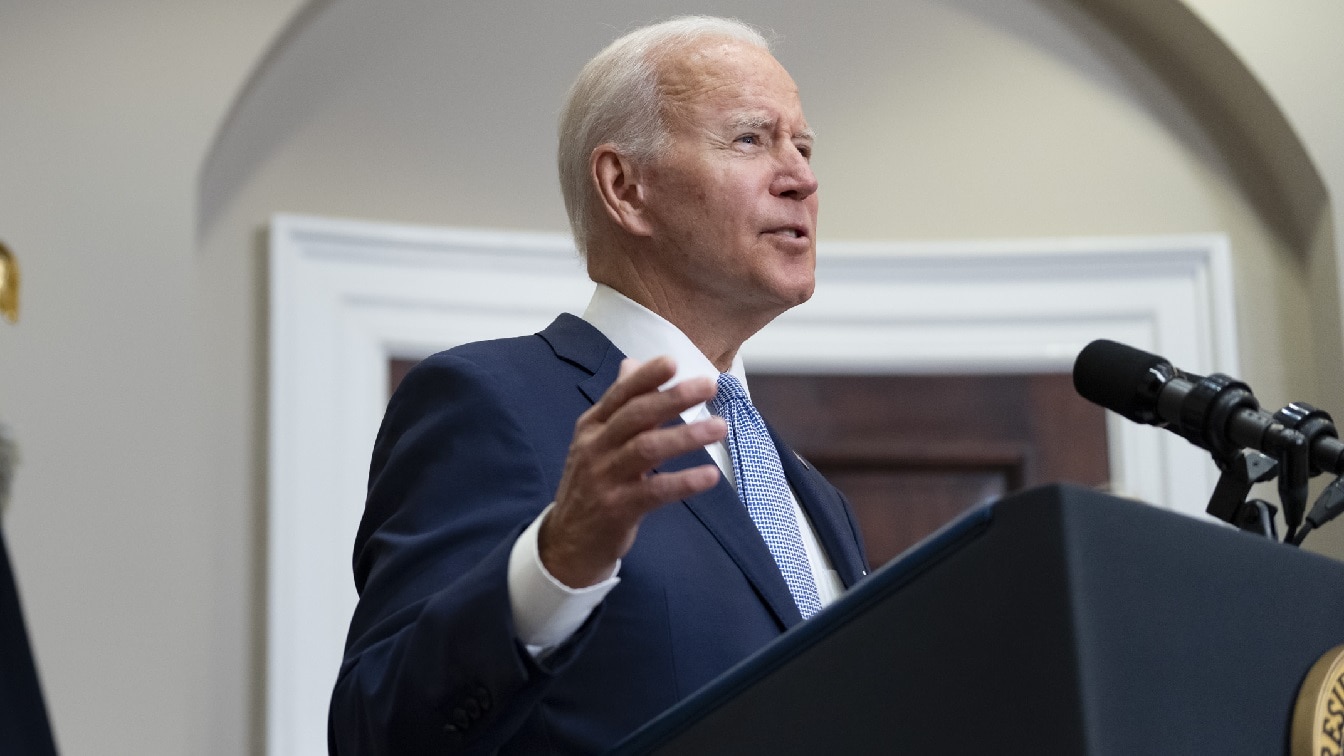Egregious budget and monetary policy mistakes in 2021 contributed to last year’s multi-decade high inflation. Today, there seems to be a real risk that budget and monetary policy mistakes will contribute to an unnecessary recession. That is unless the Federal Reserve soon takes its foot off the monetary policy brakes.
In 2021, an over-expansive budget and monetary policy led to economic overheating. The March 2021 American Rescue Plan did so by adding $1.9 trillion in public spending to the previous year’s $3 trillion budget policy response to the Covid-induced recession. That resulted in increased public spending equivalent to a staggering 20 percent of GDP, making it by far the largest peacetime budget stimulus on record.
For its part, the Fed contributed to economic overheating by keeping interest rates at their zero lower-bound for too long and by allowing the money supply to increase by 40 percent over a two-year period. It did so despite clear signs of economic recovery and the massive budget stimulus that the economy was receiving.
Little wonder then that with this much budget and monetary policy stimulus, the labor market became overly tight and inflation surged to 9 percent by mid-2022 or to a level not seen since the early 1980s.
Fast forward to today and we have the clearest of signs of economic slowing as a result of the fastest increase in interest rates in over forty years. We also see an encouraging deceleration in headline inflation to 6.5 percent.
In response to a more than doubling in mortgage rates from 3 percent to 6½ percent, the housing market is already in recession. At the same time, the latest ISM readings for both the goods and services sectors suggest that the economy is likely now in contractionary territory. Meanwhile, the yield curve, the most reliable of recession predictors, is now deeply inverted in the sense that short-term government bond yields exceed long-term yields by a wide margin.
There is also now clear evidence that inflation is slowing rapidly towards the Fed’s 2 percent inflation target. Not only are items like house prices, rents, used car prices, and gasoline prices all falling rapidly, but over the past three months, core consumer prices have been increasing at around 4 percent.
It is against this backdrop of a slowing economy that the last thing that we need is a protracted fight over raising the budget ceiling. However, that is precisely what Kevin McCarthy, the new Speaker of the House, is now threatening to do. If the debt ceiling fight in 2011 is anything by which to go, such a fight could shake already wobbly financial markets by raising the prospect of a debt default. It could also further weaken the economy by resulting in large public spending cuts at a time that the economy is heading toward recession.
It is against this backdrop that we also have to regret that the Fed remains adamant in continuing to raise interest rates and to keep them high through at least the end of this year. Never mind that the economy is already slowing and that the full effects of last year’s aggressive monetary policy tightening are still to make themselves fully felt in the economy. Never mind too that inflation is showing clear signs of coming down quickly and that wage inflation is beginning to slow in response to some cooling in the labor market.
Perhaps there is little that can be done to avoid a debt ceiling showdown in Washington’s polarized political environment. That being the case, there is all the more reason for the Fed to avoid the risk of monetary policy overkill to regain control over inflation. Maybe a good pace for the Fed to start will be at next week’s FOMC policy meeting by limiting any interest rate increase to 25 basis points.
Desmond Lachman is a senior fellow at the American Enterprise Institute. He was formerly a deputy director in the International Monetary Fund’s Policy Development and Review Department and the chief emerging market economic strategist at Salomon Smith Barney.

